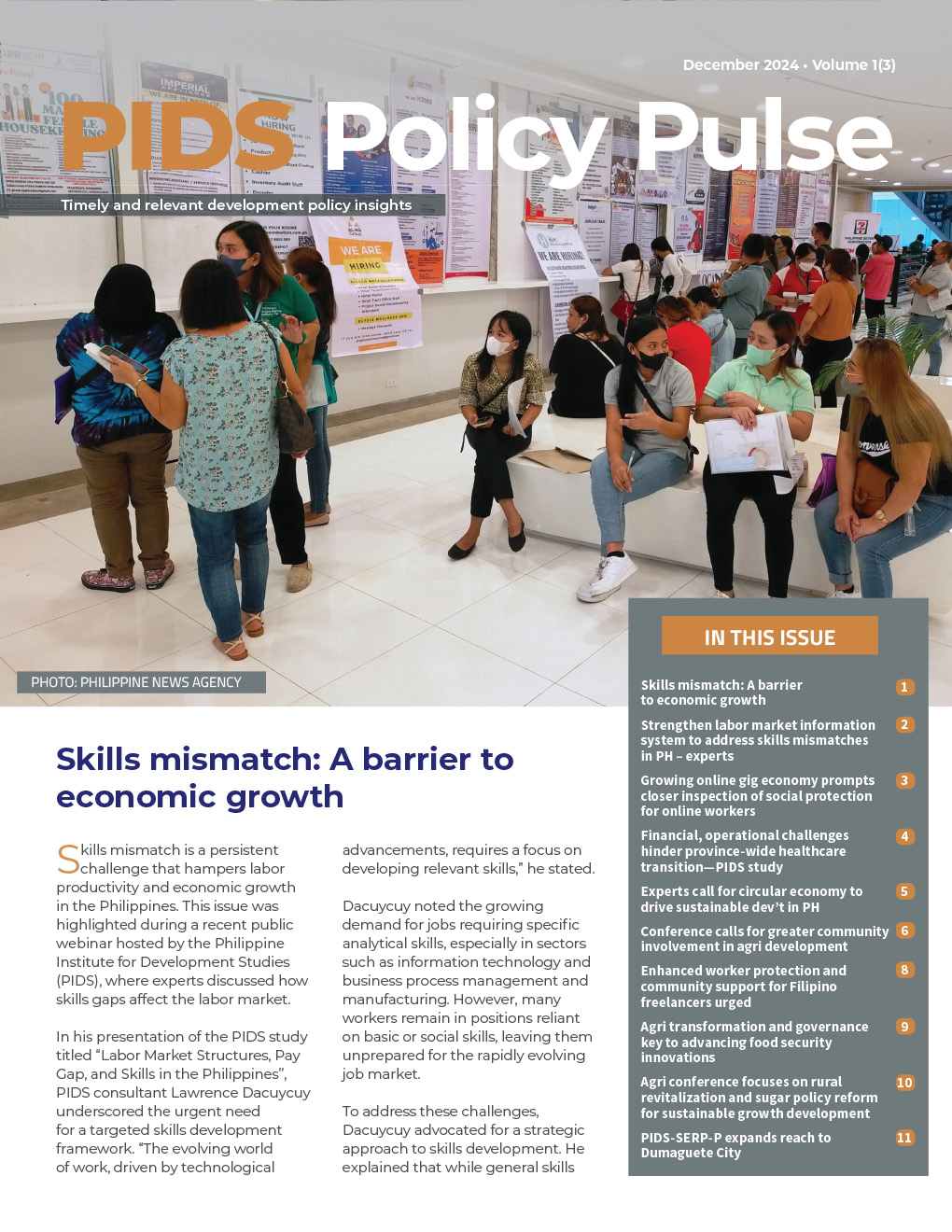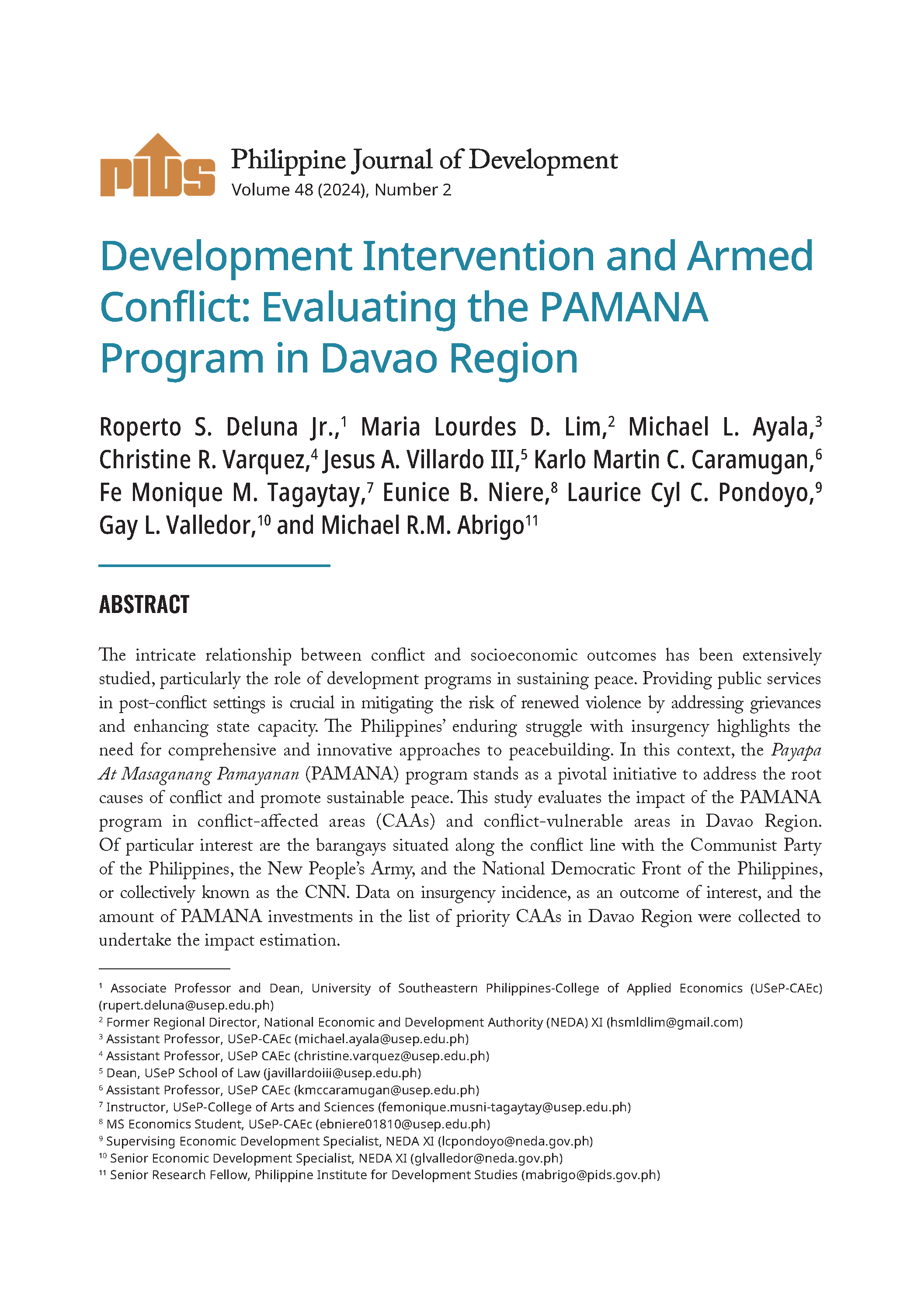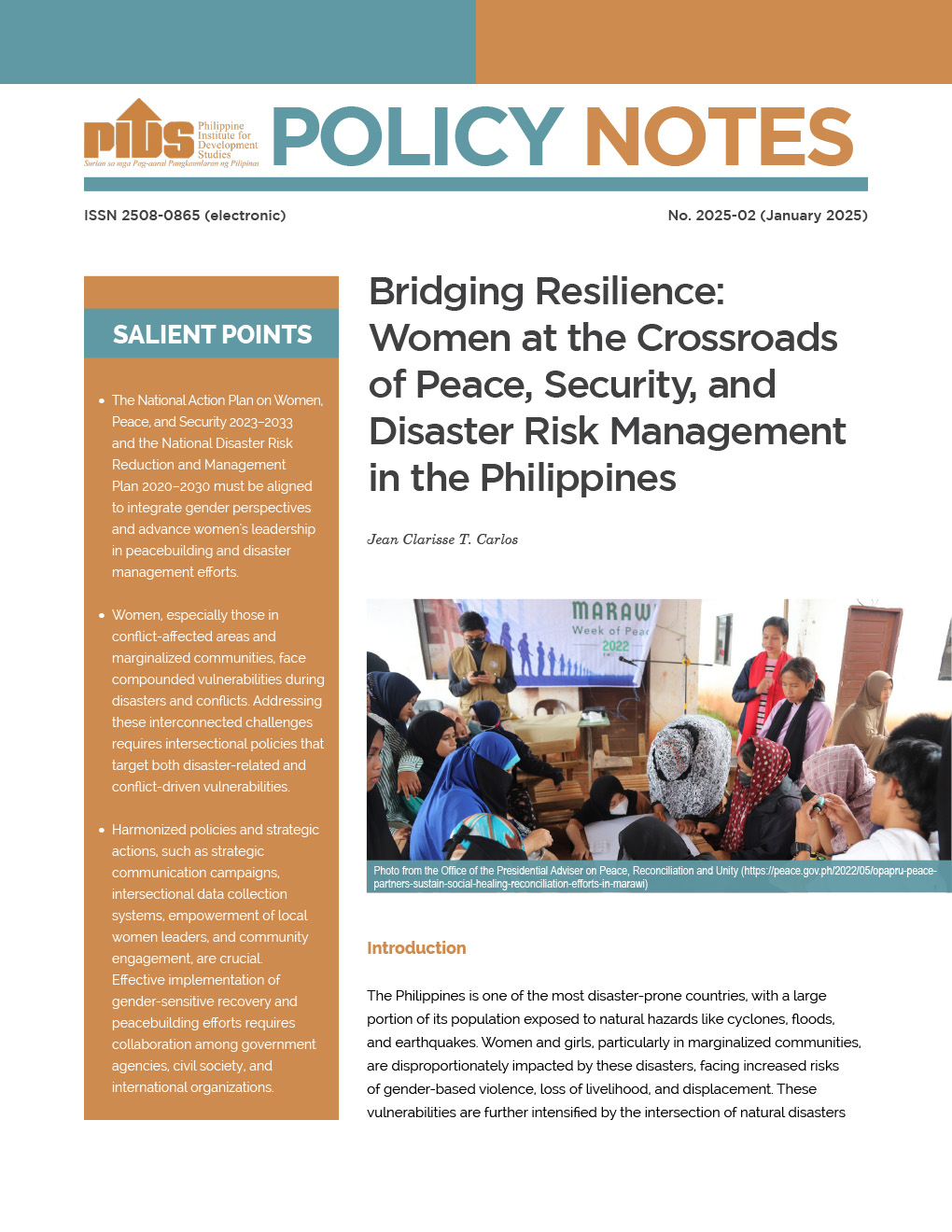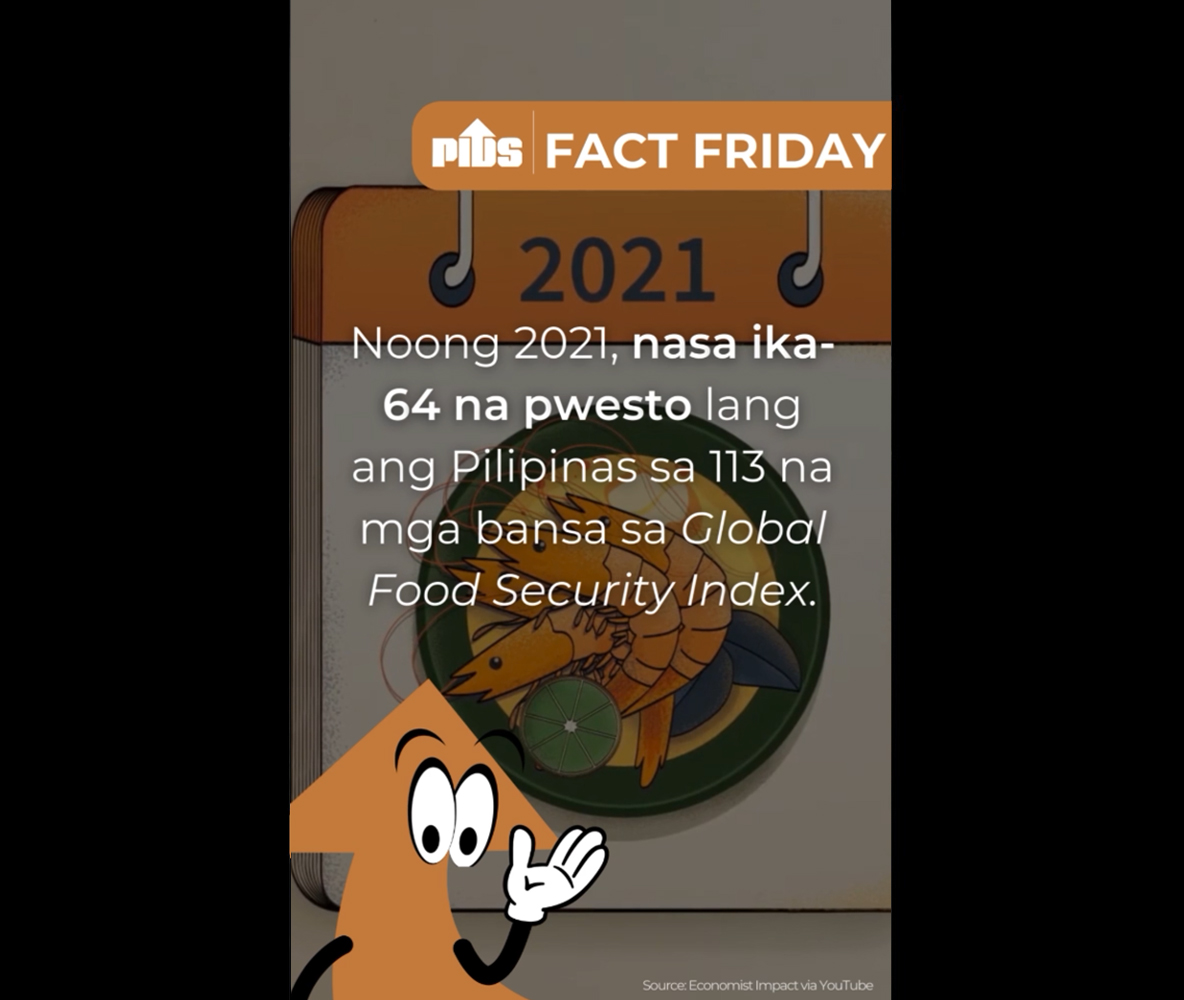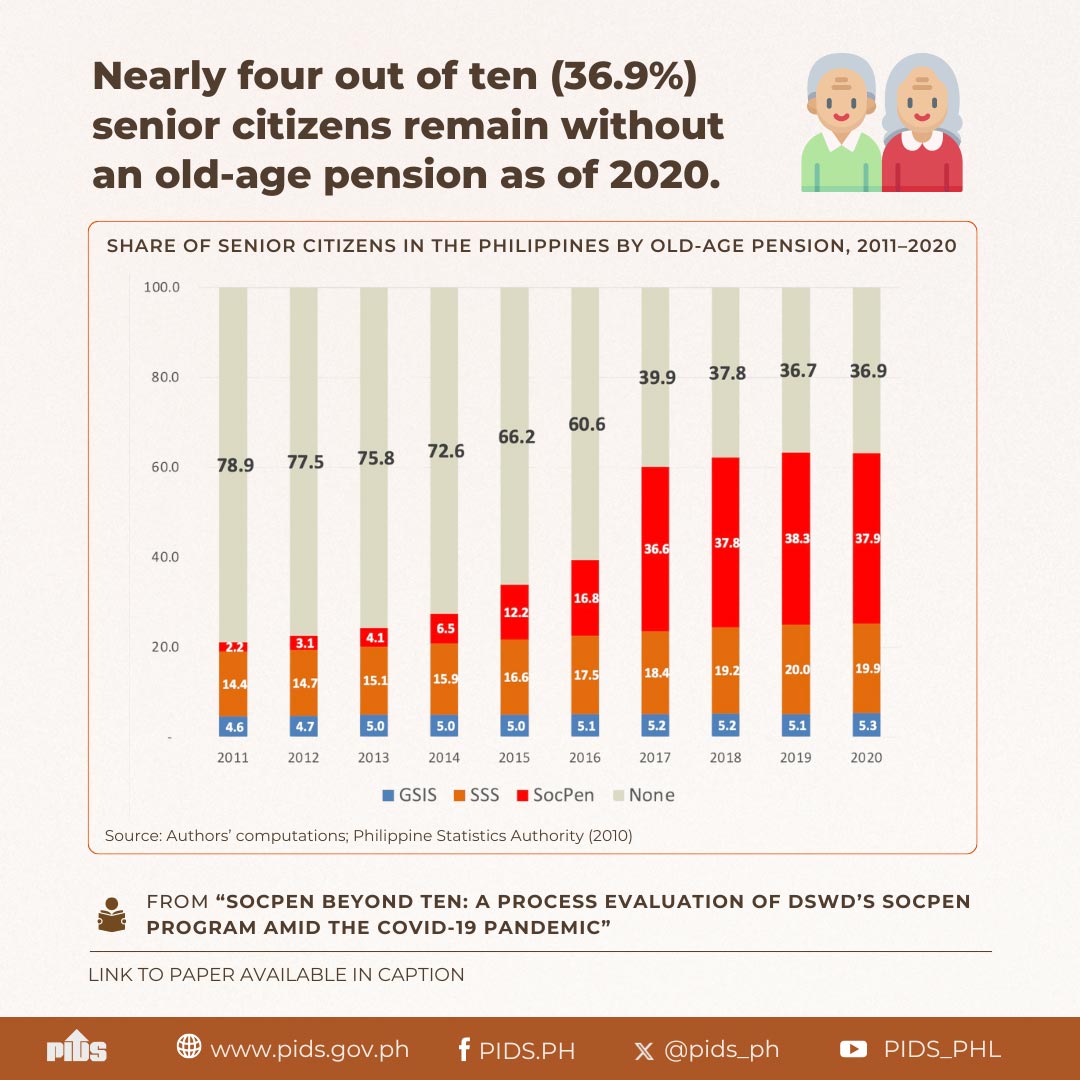Have you checked the latest price of rice and other staple food? Do you think that setting a cap on the price of rice would adequately address the problem? Locally, is there food security? Is there a food crisis which may cause widespread unrest and public outcry? Is the government reacting swiftly and appropriately?
Based on the 1996 World Food Summit, food security is defined “when all people, at all times, have physical and economic access to sufficient safe and nutritious food that meets their dietary needs and food preferences for an active and healthy life.”
Ivory Myka Galang, supervising research specialist at the Philippine Institute for Development Studies, conducted and evaluated the progress of the Agriculture & Fisheries Modernization Act of 1997 in terms of achieving its food security objective, and concluded that various indicators for the four dimensions of food security, namely, utilization, stability, accessibility, and availability, showed that food security in the Philippines is yet to be achieved.
The four main dimensions of food security: a)Physical availability of food addresses the “supply side” of food security and is determined by the level of food production, stock levels and net trade;
b)Economic and physical access to food means that an adequate supply of food at the national or international level does not in itself guarantee household level food security. Concerns about insufficient food access have resulted in a greater policy focus on incomes, expenditure, markets and prices in achieving food security objectives;
c)Food utilization is commonly understood as the way the body makes the most of various nutrients in the food. Sufficient energy and nutrient intake by individuals are the result of good care and feeding practices, food preparation, diversity of the diet and intra-household distribution of food. Combined with good biological utilization of food consumed, this determines the nutritional status of individuals;
d)Stability of the other three dimensions over time means that even if one’s food intake is adequate one day, he is still considered food-insecure if he has inadequate access to food on a periodic basis, risking a deterioration of his nutritional status. Adverse weather conditions, political instability, or economic factors (unemployment, rising food prices) may have an impact on your food security status.”
There is a growing concern that rice farming is declining and previously, much of the food supply comes from domestically-produced rice.
In fact, the country ranked as the eighth world rice producer, however, recently, the Philippines is the largest rice importer in the world, according to a Reuters report.
So why is there a rice shortage resulting in high prices? Recent developments makes rice quite hard to afford for the ordinary Filipino, a third of the population living on daily wage. Most people cannot withstand the escalating food prices which are expected to continue increasing due to the rising demand and uncertainties in production.
With these pressing problems on rice shortages and food production, you think President BBM should just appoint a more definitive Secretary of Agriculture?

